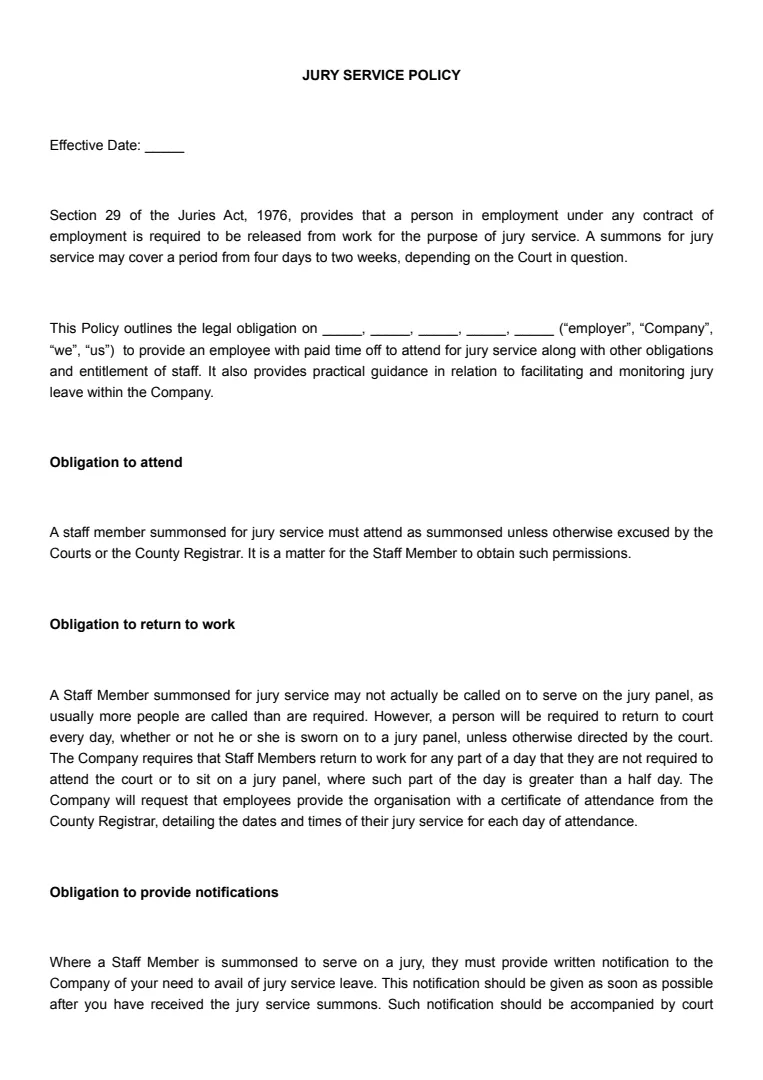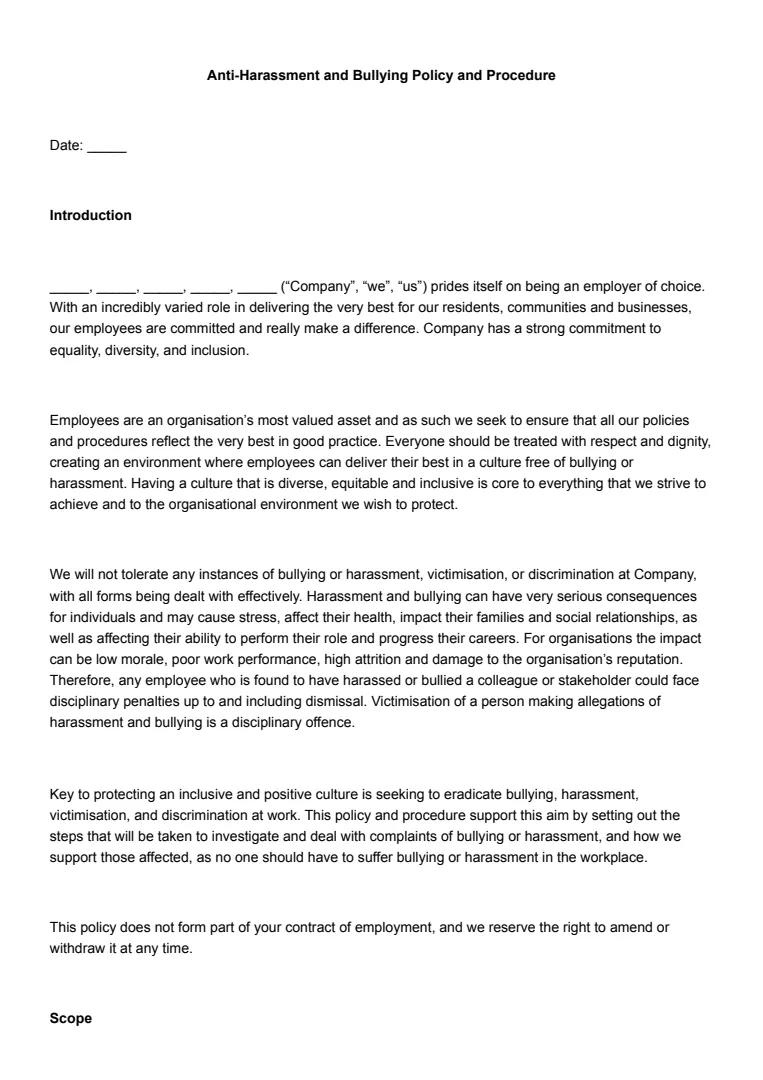What Is a Whistleblowing Policy?
A whistleblowing policy is a guideline that helps you, as an employee, report any wrongdoing at work. These issues might relate to unethical practices, illegal actions, or safety. The policy ensures you know where to go and how to safely raise your concerns without fear of retaliation.
At its core, the policy provides a safe environment for you to report these issues. It’s designed to be transparent and supports open communication. A whistleblowing policy shows that workplaces are committed to integrity and accountability.
Here’s what you might find in a typical whistleblowing policy:
- Who can report: Usually, any worker, from permanent staff to temporary workers, can make a disclosure.
- Types of issues: These can range from fraud and corruption to health and safety concerns.
- Reporting process: Clear steps on how and where you can report, whether internally or to external bodies.
- Confidentiality: Assurance that your identity will be protected as much as possible.
- Support and Protection: Guarantees against victimisation or unfair treatment due to reporting.
Having a policy like this ensures that misconduct gets identified and addressed efficiently. It’s not just about ticking a box for compliance but genuinely valuing the safety and well-being of everyone in the organisation. This safeguarding encourages more workers to speak up without hesitation, knowing they’re supported.
When Is a Whistleblowing Policy Needed?
A whistleblowing policy is essential in workplaces where transparency and accountability are key. If, as an employer, you want to foster an environment where employees feel safe to report concerns, having such a policy is crucial. It sets clear guidance on how to handle disclosures and maintains trust within the organisation.
An effective whistleblowing policy can prevent escalation when grievances or personal grievances arise. Employees should know that their issues will be addressed efficiently, without the fear of reprisal. This is particularly important when the complaints involve senior management or sensitive matters that might not be adequately managed through regular grievance procedures.
Whenever there's a risk of reputational damage, whether from internal problems or potential media exposure, a whistleblowing policy provides a structured approach to addressing these issues. Employers who deal with high-profile projects or sensitive information should be especially mindful of implementing such policies.
For employers with existing disciplinary policies and grievance procedures, integrating a whistleblowing policy adds another layer of security. It shows a commitment to addressing issues openly and fairly. This is invaluable in industries often under public scrutiny or where ethical conduct is paramount.
In environments where workplace safety or public interests might be at risk, having a whistleblowing policy is non-negotiable. This policy ensures that employees know they can report unsafe practices or unethical behaviour without facing negative consequences, thus safeguarding not only the organisation but the community at large.
Employers should consider a whistleblowing policy indispensable when complaints could be ignored or mishandled under regular procedures. Having a clear, distinct process encourages early reporting, minimising fallout and ensuring swift action can be taken.
How To Write A Whistleblowing Policy
You can follow these steps to create a straightforward yet effective whistleblowing policy for your organisation.
Step 1: Identify Your Purpose
Start by deciding why you want a whistleblowing policy. Clearly outline your objectives, such as creating a safe way for staff to report issues.
Make sure the policy ties into your organisation's values and ethics. You'll want everyone to see it's about maintaining transparency and integrity.
Step 2: Designate a Point of Contact
Choose someone in your organisation to be the go-to for whistleblowing matters. This person, often called a whistleblowing champion, should be trained to handle disclosures.
They're responsible for ensuring concerns are addressed and that investigations are conducted properly.
Step 3: Draft the Whistleblowing Procedure
Create a straightforward, step-by-step procedure for reporting concerns. This should specify how disclosures are made, whether in writing or verbally, and to whom.
Emphasise that staff can report anonymously if they choose. Ensure everyone knows there won't be retaliation.
Step 4: Incorporate a Confidentiality Clause
The policy should include a section on confidentiality. Make it clear that all whistleblowing reports will be handled with care, respecting the privacy of those involved.
Explain that details won't be shared without consent unless legally required.
Step 5: Address Data Protection
Ensure the policy aligns with the Data Protection Act. Clarify how collected data will be protected, stored, and used.
People need to feel reassured that their information is safeguarded.
Step 6: Review Legal Obligations
Ensure your policy doesn't include gagging clauses that could prevent lawful reporting.
Seek legal guidance to ensure compliance with any relevant laws and regulations. Keeping the policy legal and thorough protects both you and your employees.













